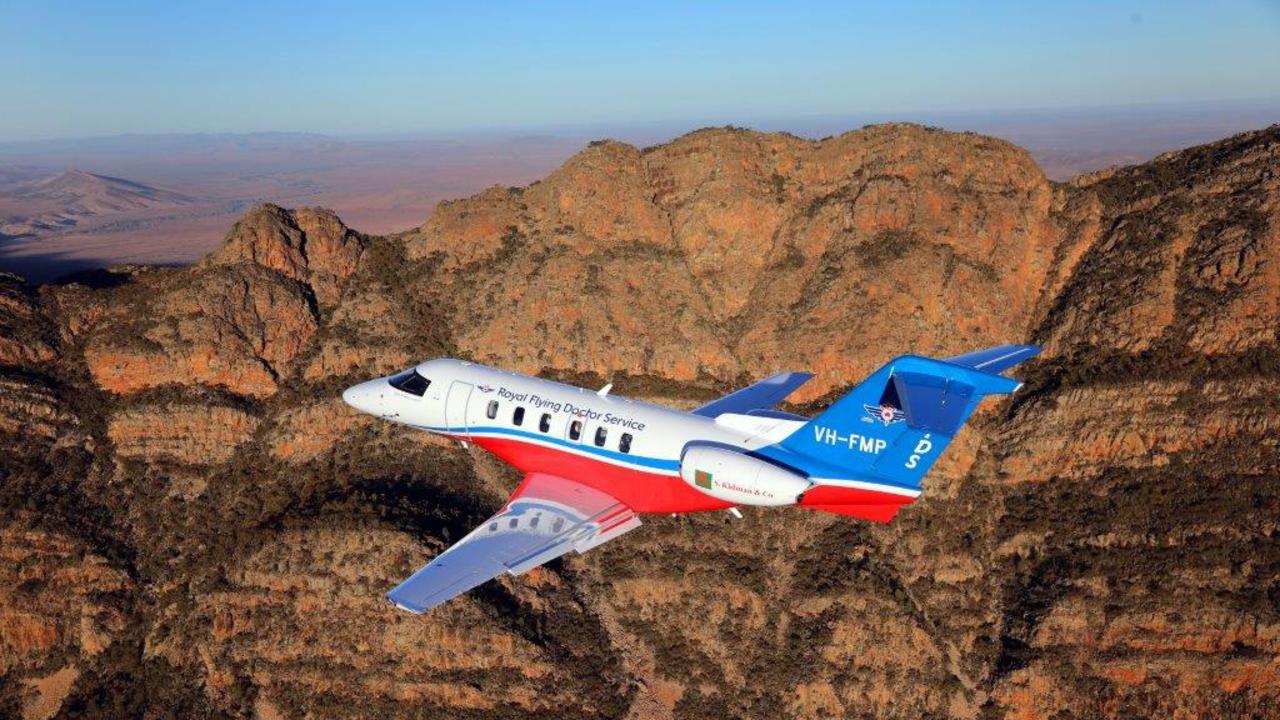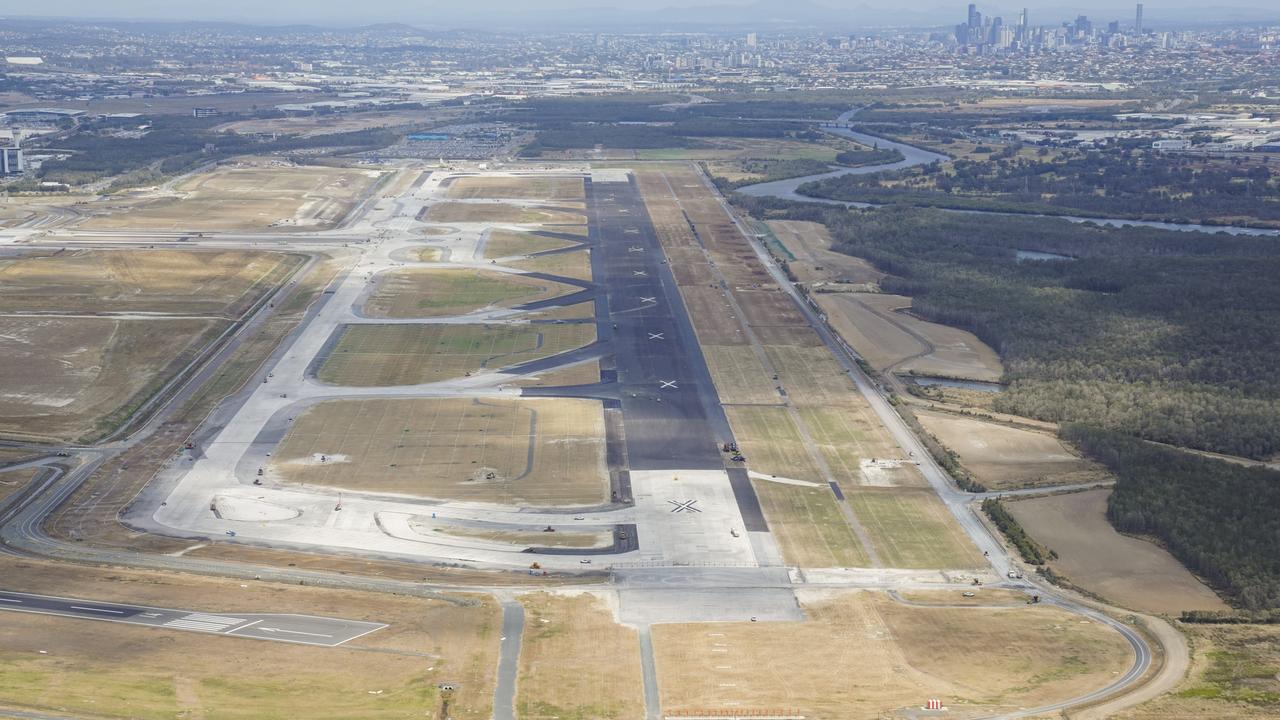Future Aviation: The downside to cheaper airport parking
A new report has found Brisbane Airport’s carparking prices are reasonable and any move to lower charges would have unintended consequences for airport users.
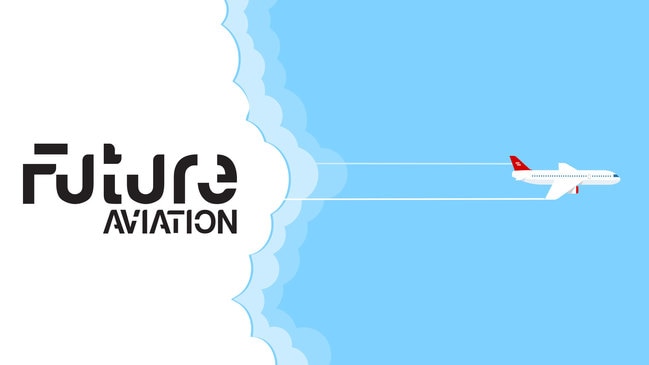
Future QLD
Don't miss out on the headlines from Future QLD. Followed categories will be added to My News.
THE Productivity Commission says lowering car parking prices at airports would only drive congestion, not better value for consumers.
In a report into Brisbane airport and major interstate counterparts Sydney, Melbourne and Perth, the commission found parking for an event at Suncorp Stadium was higher than parking at the airport.
It said Brisbane Airport was charging international airlines a top rate to land but accepted it was pouring huge amounts of money into infrastructure, like the new $1.3 billion runway, and was not price gouging.
“The contribution of car parking revenue to airports’ profits attracts considerable public attention,” the report released last week says.
“However, regulatory intervention to lower car parking prices would have costs — it could lead to increased congestion and reduced investment by airport operators in car parking infrastructure.
“The most effective constraint on airport operators exercising their market power in car parking is to ensure that consumers have choice and airports face robust competition from alternative modes of transport.
“Airports have taken some steps to increase access for alternatives, including by providing facilities and space for rideshare services and free waiting areas for meeters and greeters.
“The widespread adoption of smartphones has also made it easier for consumers to compare options and prices, and access online discounts.”
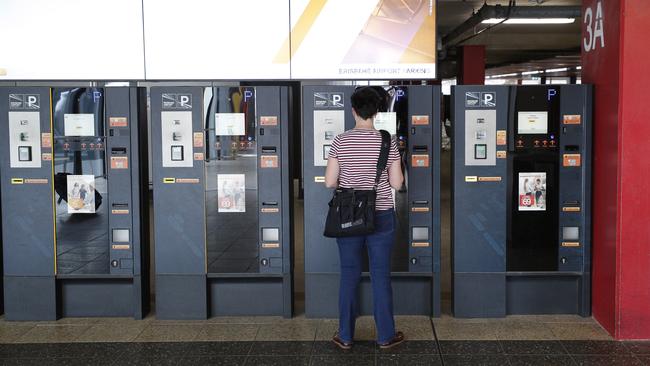
Future Aviation, a two-week series in The Sunday Mail and The Courier-Mail in partnership with Brisbane Airport, Tourism & Events Queensland, Brisbane Marketing and PwC, will highlight the opportunities of the new runway, which opens in the middle of next year.
Brisbane Airport boss Gert-Jan de Graaff welcomed the Productivity Commission report while airlines warned rising airport costs would hurt passengers with higher prices.
“The Productivity Commission’s report is, as would be expected from the best economic minds in the country, detailed, thoughtful, and accurate,” Mr de Graaff said.
“They have rightly recognised the many complex considerations that go into pricing at airports – from runway and terminal access to car parking.
“We are pleased, but not surprised, that they have concluded that Brisbane Airport Corporation is acting and pricing fairly and appropriately.”
The Productivity Commission found parking costs had risen from $14.94 for one hour and $40.21 for a day at the terminal in 2010-11 to $17 and $55.21 respectively. It was still cheaper than Sydney, which costs $19 for an hour and $61 for a day, but more than Melbourne, where prices have dropped from $13.79 for one hour and $59.74 for one day at the terminal in 2010-11 to $12 and $51 last financial year.
The number of parking spaces have risen from 7280 to 10,860 at Brisbane terminal over the same period, while 2500 ‘park and ride’ spaces were now available beyond the terminal.
Parking and fees are the latest battleground between airports and the airlines that have to deal with each other.
The Australian Airports Association has accused airlines of not using extra capacity to put on extra flights and lower prices for passengers.
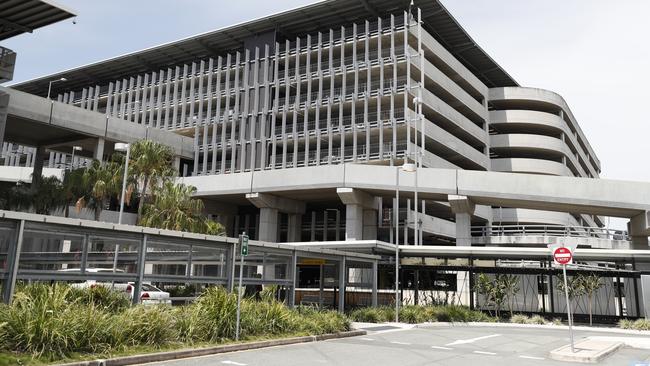
“We’ve been disappointed by the domestic airlines’ misleading campaigning during the inquiry, which has needlessly damaged the good reputation of Australia’s aviation industry,” chief executive Caroline Wilkie said.
“With the final report now in it is time for the airlines to end their unedifying campaign aimed at increasing their own profits by reducing airport investment in capacity and facilities upgrades, which has been repeatedly and consistently discredited by independent experts.”
Airlines for Australia and New Zealand chair and former head of the ACCC Graeme Samuel said fares had been going down.
“Since 2010, airfares to Brisbane are down 22 per cent, and airfares to Perth are down nearly 20 per cent,” Mr Samuel said.
“Or that, over the past decade, airfares are 40 per cent lower overall, while airport charges rose 25 per cent.
“These are from the Government’s own figures, and ACCC reports.
“There is nothing cosy about a duopoly when one of the airlines is battling to turn a profit
“History tells the story of all the airlines’ variable profitability, which is so very different to the airports, whose profits have just continued to grow as they gouge customers at every stage of the journey.”
A Virgin spokeswoman said the airline was committed to offering the best price but airport fees and charges added to prices.
“Airport fees and charges play a role in the prices that airlines can offer on any given route, and these costs are continuing to rise,” she said.
“Despite the excessive charges that we incur from the monopoly airports, we will continue to drive strong competition in the markets in which we operate.”

